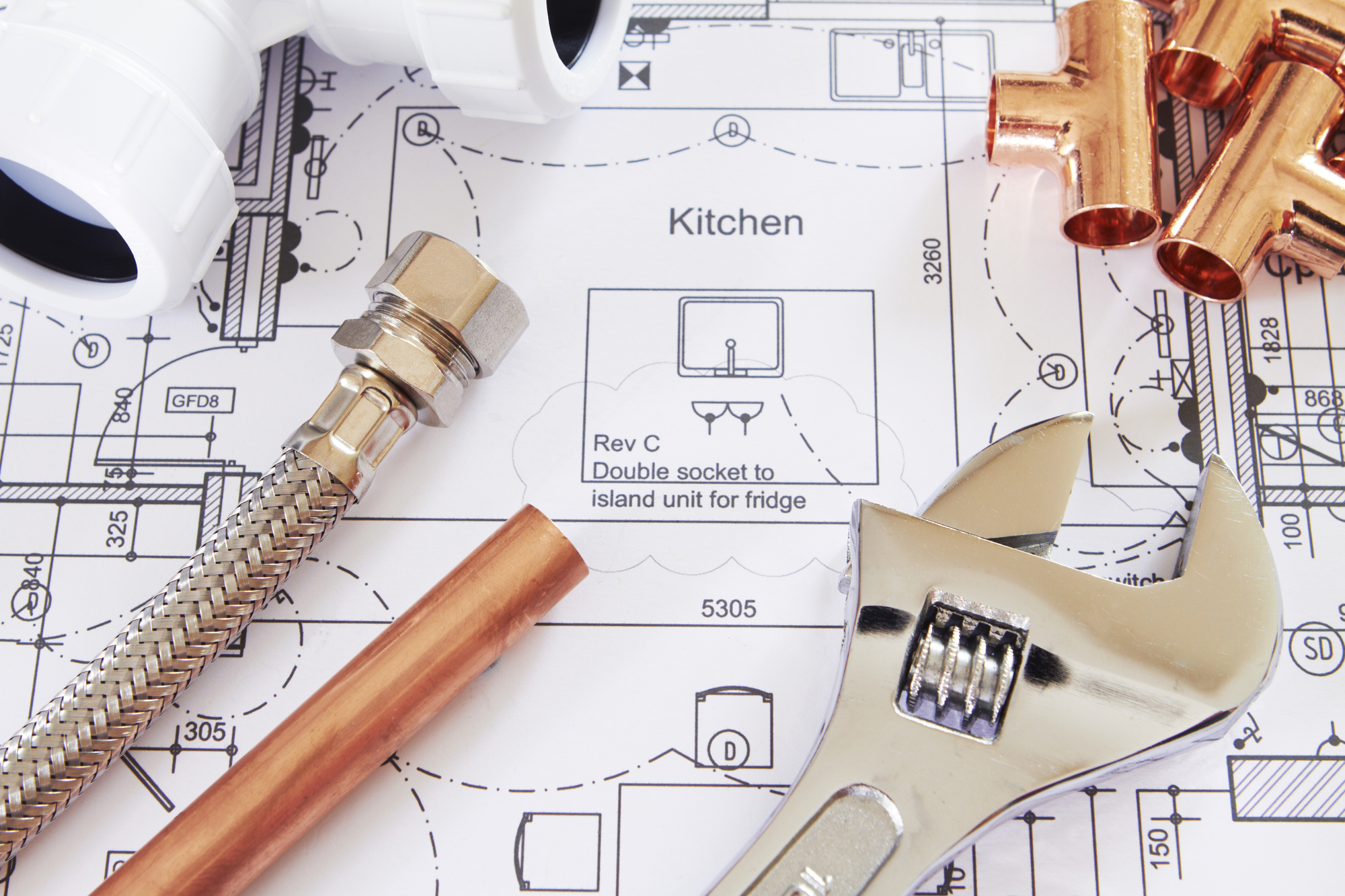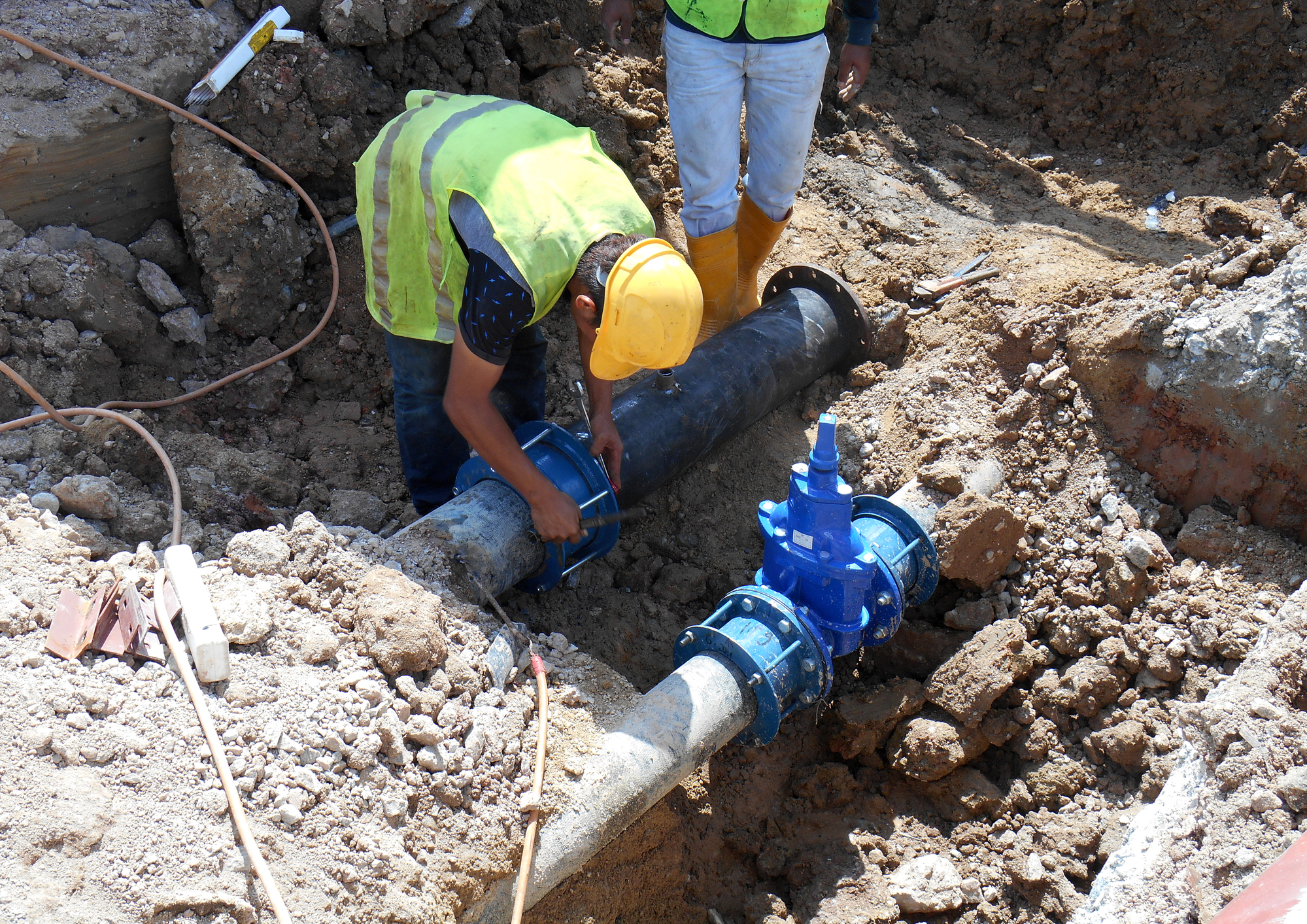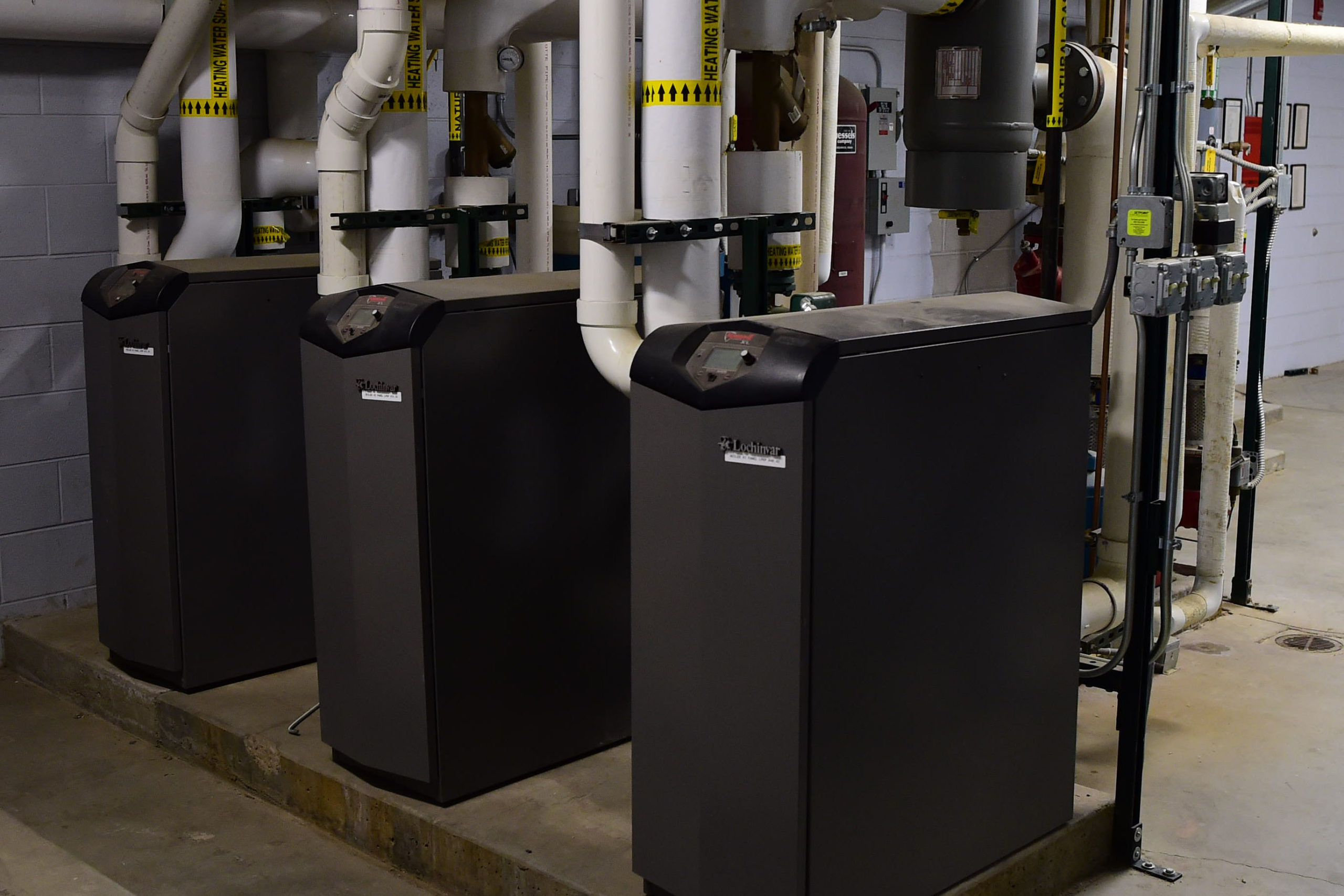As climate change continues to be a significant concern, many companies have started considering alternatives to conventional heating systems that are not as eco-friendly. A recent report by the Competition and Markets Authority (CMA) highlighted that there is a lack of awareness among consumers and businesses regarding the options available for sustainable heating systems. The report also highlighted that there is a shortage of installers who specialize in eco-friendly heating systems.
There are various alternatives to traditional heating systems that are more environmentally friendly. These include heat pumps, biomass boilers, and solar thermal systems.
Heat pumps
Heat pumps work by using the energy from the air or ground outside your home to heat your home or water. They can be used as an alternative to gas boilers and can help to reduce the amount of CO2 emissions that are released into the air. Heat pumps are particularly effective in areas where the outside temperature is not too low, making them a perfect choice in towns and cities.

Biomass boilers
Biomass boilers are becoming increasingly popular as they can use renewable fuels such as wood pellets, which are an eco-friendly alternative to fossil fuels. They work by burning the biomass fuel to heat your home or water. This process releases carbon dioxide, but the carbon dioxide released is offset by the carbon dioxide absorbed by the trees or plants that were used to produce the biomass fuel. Biomass boilers can also save homeowners a substantial amount of money on heating bills.
Solar thermal systems
Solar thermal systems work by using energy from the sun to heat water. They harness the heat from the sun, which is then transferred to a fluid that runs through a collector before being pumped back into a water tank that then supplies hot water to your home. Solar thermal systems can be used for domestic hot water or to heat a home, depending on the system used. They are eco-friendly and can save homeowners a substantial amount of money on heating bills as well.

The CMA report also highlighted the challenges faced by installers who are trying to enter the market for green heating systems. One key challenge is the cost of training, which can be high for installers who want to specialize in eco-friendly heating systems. Another challenge is the lack of availability of certification schemes that specializes in these systems.
The report concluded that there needs to be more information and awareness regarding the available options for green heating systems. Additionally, there needs to be an emphasis on the importance of training for installers so that they can adequately meet the needs of those who want to transition to more eco-friendly solutions for heating their homes.
If you’re looking to switch to a more eco-friendly heating system, there are a few things to keep in mind. Firstly, consider the availability of installers in your area who specialize in green heating systems, and their level of expertise. Secondly, be sure to research the various options available in the market and choose the option that best fits your needs. Finally, think about any potential eligibility for any government schemes that support eco-friendly heating systems, as they could represent a significant saving to you.
In conclusion, the CMA report has highlighted the need for more awareness of the available eco-friendly heating options as well as the significance of training for those who want to specialize in installing these systems. Despite the challenges and obstacles currently faced by the industry, the benefits of eco-friendly heating systems are worth considering. Not only do they help to reduce your carbon footprint and protect the environment, but they could also save you money on your heating bills in the long run. If you are interested in making the switch to an eco-friendly heating system, now is the time to start exploring your options.






